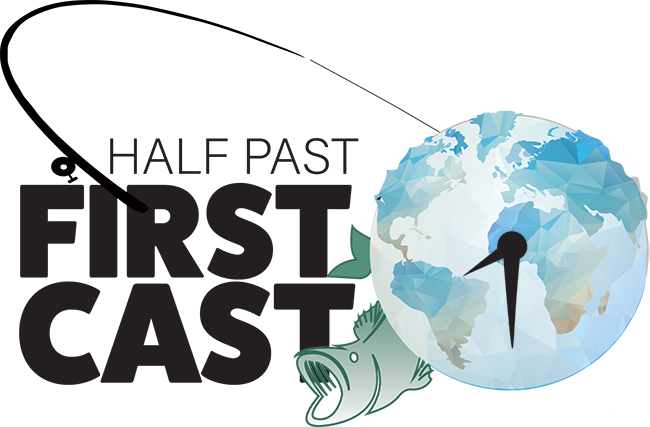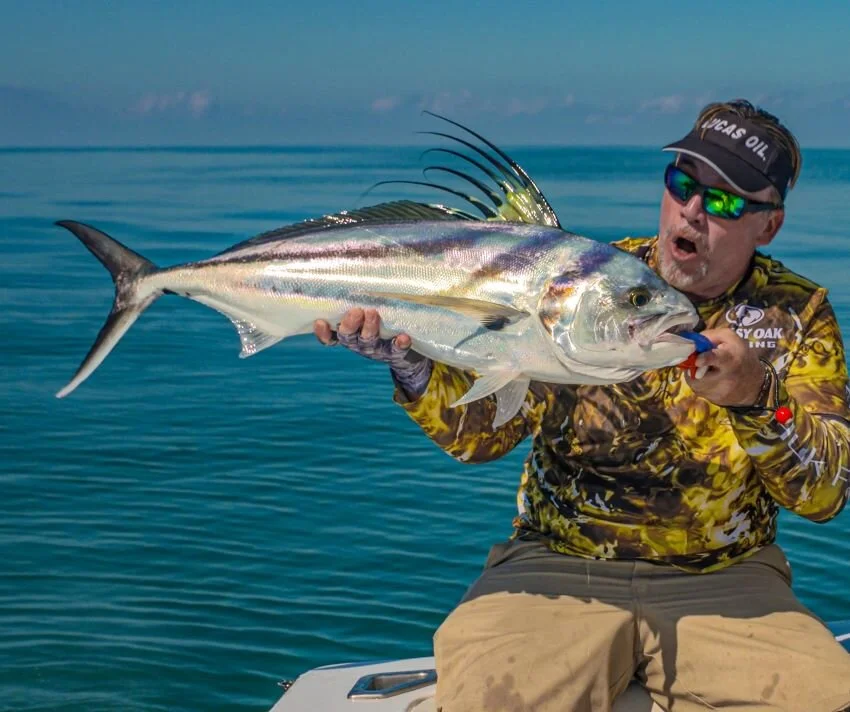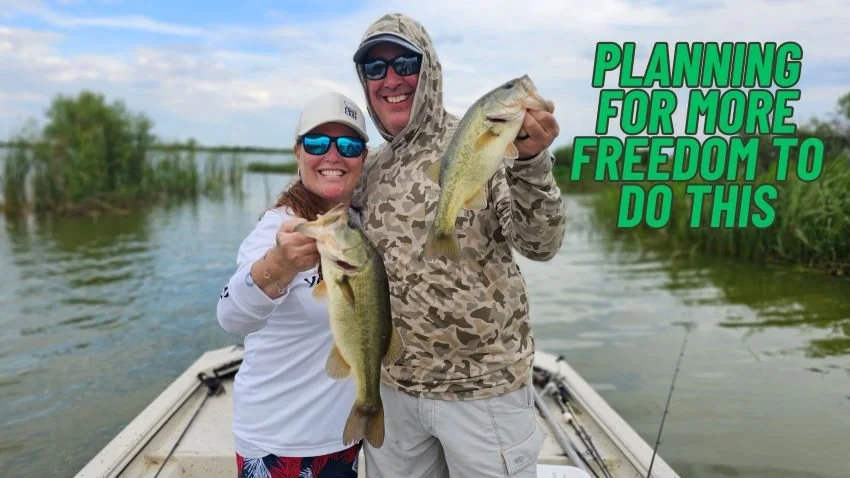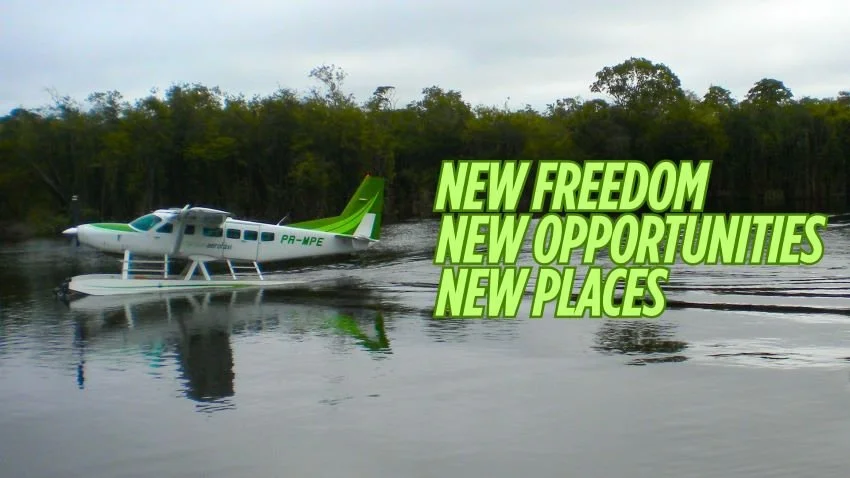Mark Davis Revisited and Appreciated
When I interviewed Mark Davis, the host of TV’s BigWater Adventures, I expected stories full of confidence. He’s a big, boisterous personality who has accomplished a ton, has been more places than most of us can dream about, and conquered a long list of bucket list species.
That’s why the portion of his story that stood out the most to me was about how he wasn’t introduced to saltwater fishing – his bread and butter – until he was in his twenties. That reinforces the Half Past First Cast mantra, that it’s never too late to make the most of your remaining casts. Whether you’re 20 or 40 or 50 like us, or even much older, now’s the time to maximize what you’ll get to experience.
But what really struck home was his humility about it. He realized how little he knew and instead of having that bother him it energized him. Here’s the money section in his own words:
I went down to South Carolina and went out on that headboat and I was just awestruck. It was like I stepped into Mars. I had no idea what I was looking at. I didn’t know anything about it. Everything that came over the rail, I was like, “What’s that? What’s that? What’s that?” And then I went to Haddrell’s Point tackle in Mt. Pleasant and the reason that is pivotal is because I walked in a tackle shop as a 22 year old avid fisherman, and I could not tell you what 75% of what was in there could possibly be for. Maybe I’d seen pictures of some of it in Outdoor Life, but it struck me that I had absolutely no idea what’s going on outside my little droplet of water that I’d been fishing in. Then it just became almost humbling and lit a fire in me like you cannot imagine. I thought I was relatively good at fishing, and in my little bubble I was ok, but when I hit saltwater and saw some of the stuff, I had no idea.
I’ve experienced that same fire based in aspirational knowledge on several occasions – whether in a Tokyo tackle store where I didn’t recognize most of the brands or lures, on a Montana trout stream on my first real fly fishing trip, or in the boat of Captain Shane Jarvis in Panama where everything was new to me.
I’ve also recognized it in other great anglers – situations where the will to learn and get better overcomes any vestiges of he-man pride. My interview with Mark reminded me of a day in the boat with Bass Fishing Hall of Famer Gary Klein during the 2005 Bassmaster Classic in Pittsburgh. I was his media observer, and he relied on the new-to-me technique of dropshotting to catch fish after fish after fish on a stingy body of water. I asked Klein how he’d become so technically proficient in something so new, how he’d figured out the intricacies and dialed in his tackle. He admitted that while he’d done some of the work on his own, the pivotal moment in his quest was when he got his butt kicked by Aaron Martens. After the event, he went up to Martens and humbly said: “Teach me.” The result was a catalyzed learning process.
The biggest obstacle to becoming a better and more well-rounded fisherman is pride. Plenty of anglers are willing to put in the time and spend the money to get there, but if you’re not willing to admit and embrace what you don’t know you’re just fooling yourself. I’ve always believed that the reason so many young tournament bass anglers don’t reach their full potential is that they’re not willing to spend time in the boat with anglers more experienced than them and ask “stupid questions.” If Gary Klein can do it, surely you can, too.
The same goes for travel. We’re all used to being competent and knowledgeable in our little fishbowl. Put a competent weekend bass angler on a bass fishery anywhere in the world and he can look the part, but put him on a trout stream or in the salt and it can feel humiliating. You may be able to put your flipping jig in a coffee cup at 80 feet, but you can’t accurately cast a #12 dry fly half that distance. Or you can tie on a Carolina Rig in the dark with one hand, but you’re stymied when trying to figure out what a topshot or wind-on leader might be. It’s easy to stay in your comfort zone, but it also means you’re missing out on a lot.
For example, I conspicuously avoided fly fishing for 30 years because I knew that it would be a challenge, but when I tried it in Montana in 2015 for the first time I absolutely loved it (and did not hook the guide or his dog). That led me to enjoy two mind-blowing trips to Alaska. I’m still not a good or even decent fly caster, but I’ve caught some incredible fish with the long rod. The same goes for my experiences in Guatemala. I had no idea what I was doing on the bait-and-switch the first time we went, and still wasn’t anywhere near as good as the mates on the second trip, but there’s nothing wrong with trying and failing on occasion – as long as you learn from your mistakes. That’s especially true in a place like Guatemala, where one botched strike isn’t that big of a deal because you can expect to experience many more.
Be a more humble angler. Be a more inquisitive angler. Try types of fishing that you don’t know anything about. Go places where you’re an outsider and a non-expert. It’ll help you grow and experience greater bliss than staying inside of your bubble.







